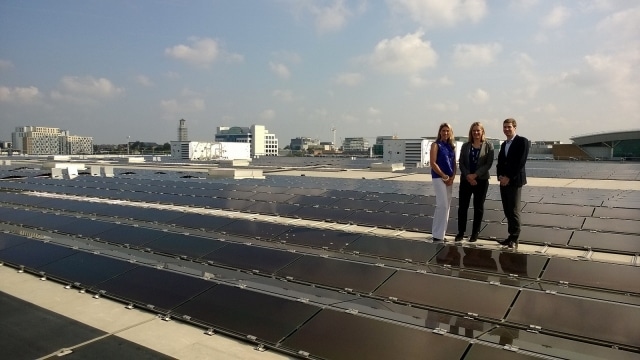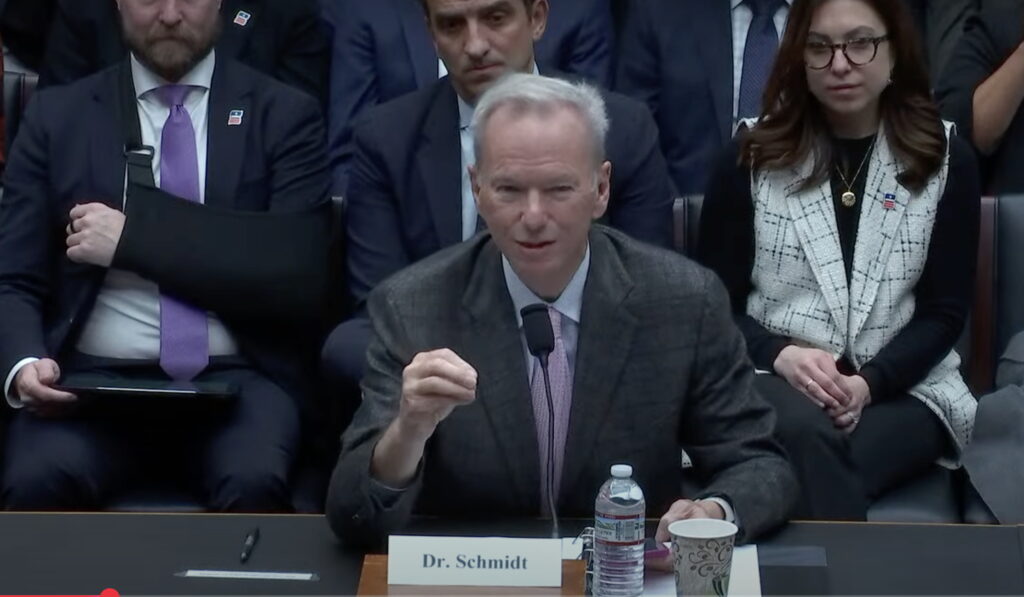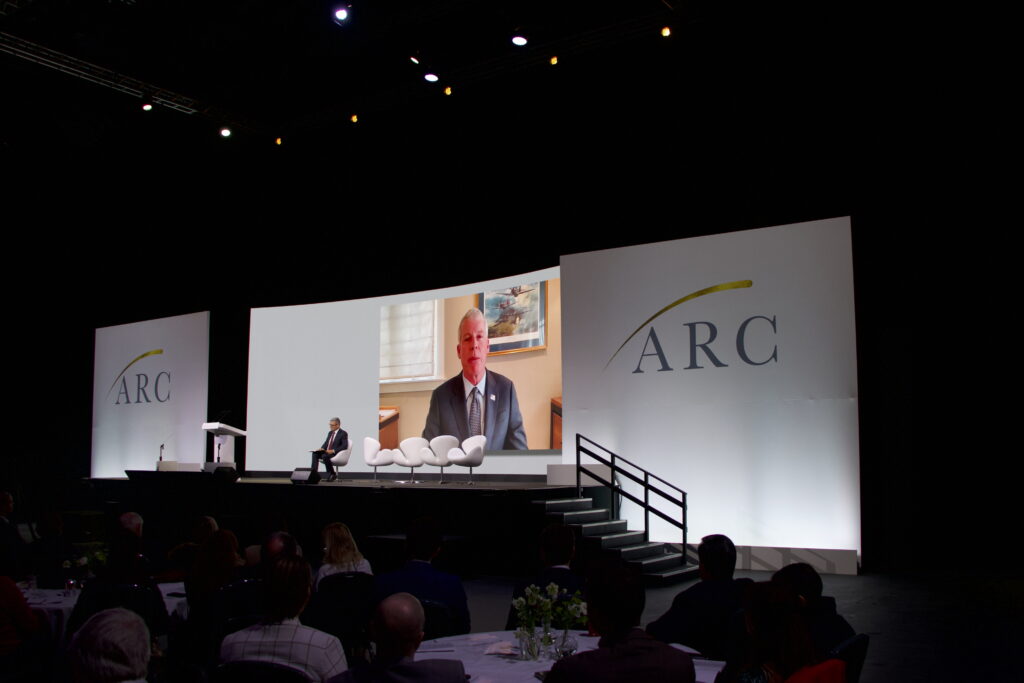This is the fifth and final part in our series profiling Amber Rudd. Here DeSmog UK looks at her stance on climate change and DECC priorities as we go into the Paris climate conference. Read Part 4 here.
Green campaigners were relieved when Amber Rudd was appointed as Energy and Climate Secretary at the Department for Energy and Climate Change (DECC) last May after the 2015 general election.
But the honeymoon period was short lived. Since then, we’ve seen a wave of cuts to green policies and a re-emphasis on fracking and costly nuclear.
So where do DECC‘s priorities lie under Rudd’s leadership?
Climate Change
When speaking about climate change, Rudd is consistent.
She frequently quotes Margaret Thatcher. Speaking to Business Green in 2014 she said: “The first world leader to speak about climate change at the UN was Margaret Thatcher and she of course was a scientist and the science is completely compelling. If I’m challenged on it by any of my own party – although I haven’t been – I would say ‘I’m a Thatcherite, aren’t you?”
This same rhetoric was evoked once again at the Conservative Party Conference at the beginning of October. Instead of finding inspiring, powerful words of her own, she quoted Thatcher: “The danger of global warming is real enough for us to make changes and sacrifices so that we do not live at the expense of future generations.”

While Rudd’s understanding of the realities of climate change is not in doubt – the degree to which it is being made a priority under her leadership at DECC is increasingly being called into question. As the world meets in Paris at the end of November to agree what will hopefully be an ambitious deal to tackle climate change, Rudd has been suspiciously quiet.
Not only was she prevented from attending climate negotiations last year in Lima, Peru as energy under-secretary but when given the chance at the Tory Party Conference to stress the importance of these climate talks – something she does recognise when asked – not a whisper was said about Paris COP21. It leaves one questioning exactly what role – if any – DECC is playing in these negotiations.
As Jeremy Cresswell at Energy Voice aptly sums up: “In some respects, [Rudd] has been almost invisible. She has allowed Osborne and the Treasury to trample all over energy, or at least that’s the way it comes across.”
Energy Reset
But then on 18 November, with just over a week before the Paris climate talks, Rudd revealed the government’s highly anticipated new energy policy. Her commitment to ending all coal-fired power stations by 2025 made headlines as an impressive world-first.
She also continues to assert her commitment to obtaining a strong deal in Paris with crucial five-year review periods. But as her speech on the new policy revealed, tackling climate change will now take a backseat to controlling costs.
“We can only expect bill payers to support low carbon power, as long as costs are controlled,” she said.
And in perhaps one of the most telling aspects of the speech, Rudd’s commitment to a free-market approach to energy is inspired by none other than Lord Lawson, a former advisor to Margaret Thatcher and Britain’s leading climate denier.
It begs the question: as the world prepares to meet in Paris to forge the clean energy system of the future, why is Rudd looking to the past for inspiration?
Subscribe to our newsletter
Stay up to date with DeSmog news and alerts







